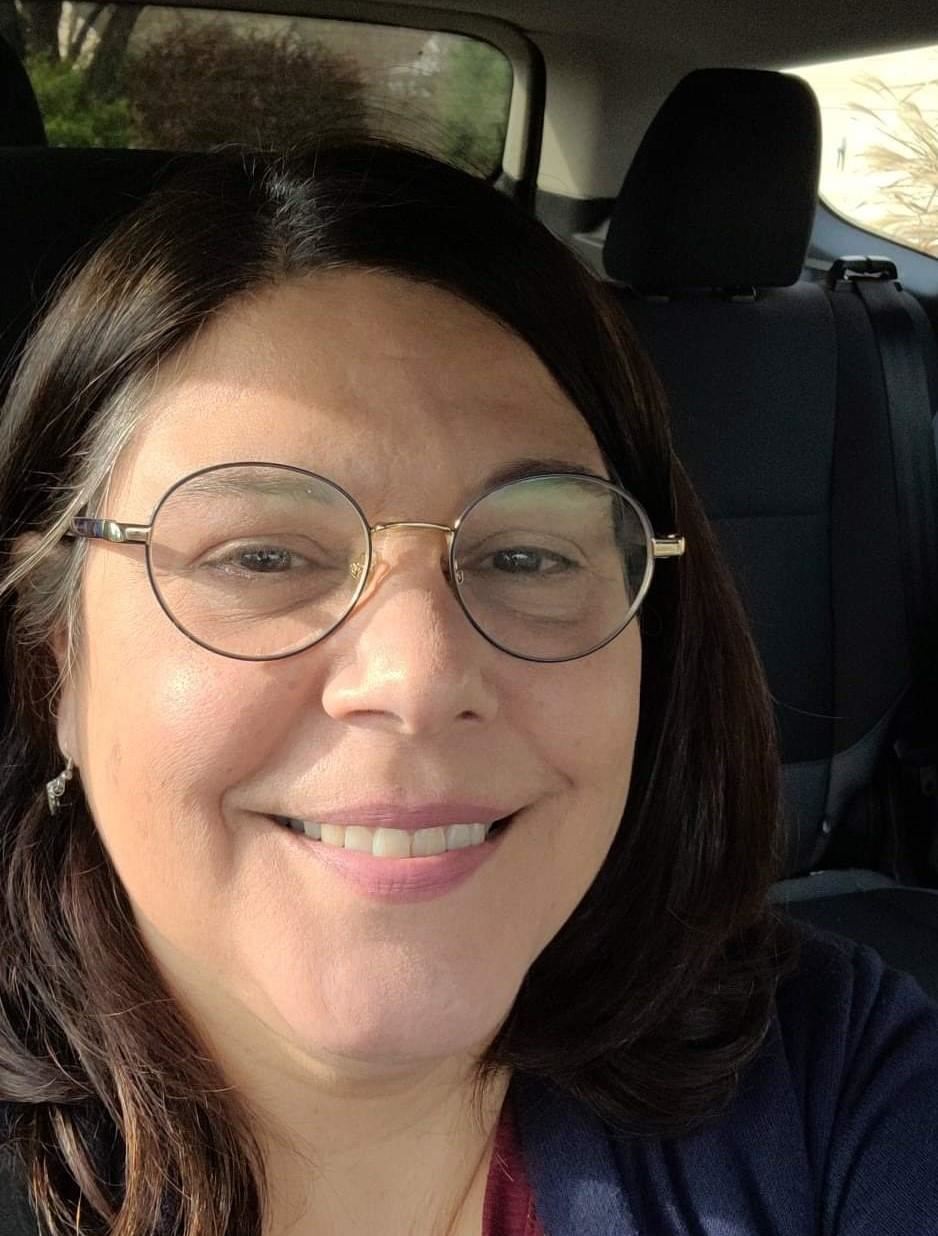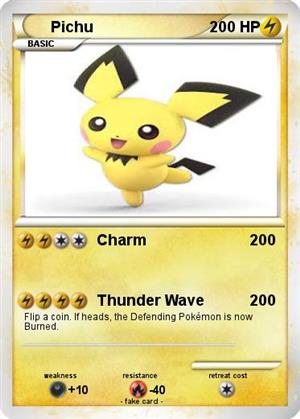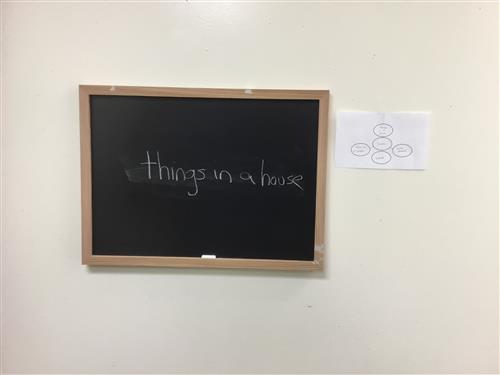Gulino, Francine
Page Navigation
- Nottingham Elementary School
- Welcome

Phone: (610) 932-6632 x6635
Email:
Degrees and Certifications:
BS Chemistry BA English MA English MA Communication Science and Disorders
Mrs. Francine Gulino
I am the speech language pathologist for Nottingham Elementary School. I have been a speech language pathologist since 2013. Speech and language support is my second career, as I used to teach composition and literature at the college level. I am a local resident of the Avon Grove School District with one daughter attending college and another working in IT. I love the warm atmosphere of Oxford Area School District and I love working here.
-
Welcome to Speech and Language support. Speech and Language support is a part of special education and provides help for students who have difficulties talking and listening. I work closely with classroom teachers, special education teachers, and other related services (occupational therapy, physical therapy, hearing support) to help students with communication needs thrive at Nottingham Elementary School. Most people think that speech and language support is only about helping students say their 'r' sounds. Of course I help with that! But I also help students who stutter, who have difficulty figuring out what to say, or those who have a hard time understanding (like following directions and listening to longer stories). If your child receives speech and language support, take some time to explore this website. I have information about all kinds of disorders plus how to help your child communicate better at home. My phone number and email address are listed above if you need to contact me.
-
Straight Talk about Speech and Language -- Monthly Blog
-
Welcome Back to School 2024-2025 school year
Posted by Francine Gulino on 8/26/2024 9:00:00 AMWelcome to Nottingham parents and students! Whether you were here last year or this is your first time ever, welcome.
In the next week, parents will receive communication from me regarding their child's speech and language support needs including frequency of therapy, goals, and suggested IEP date. I will also let parents know if their child is up for a triannual reevaluation this year.
I will meet with students casually at first to help determine their needs. Afterwards, I will put together a schedule.
If you do not hear from me but you believe that your child should be receiving therapy, please email or call using the contact information above.
I look forward to working with your children this school year.
¡Bienvenidos a Nottingham! Ya sea que hayas estado aquí el año pasado o que esta sea tu primera vez, bienvenido.
En la próxima semana, los padres recibirán una comunicación de mi parte con respecto a las necesidades de apoyo del habla y el lenguaje de sus hijos, incluida la frecuencia de la terapia, los objetivos y la fecha sugerida del IEP. También les informaré a los padres si su hijo debe someterse a una reevaluación trianual este año.
Al principio, me reuniré con los estudiantes de manera informal para ayudar a determinar sus necesidades. Después, elaboraré un cronograma.
Si no tienes noticias mías pero crees que tu hijo debería recibir terapia, envía un correo electrónico o llama utilizando la información de contacto que se encuentra arriba.
Espero trabajar con tus hijos este año escolar.
-
Welcome Back 2023!
Posted by Francine Gulino on 8/30/2023Hello Nottingham Parents and Students. Welcome back to school. It's always an exciting time of year.
In the next week, parents will receive communication from me regarding their child's speech and language support needs including frequency of therapy, goals, and suggested IEP date. I will also let parents know if their child is up for a triannual reevaluation this year.
I will meet with students casually to begin with to help determine their needs. Afterwards, I will put together a schedule.
If you do not hear from me but you believe that your child should be receiving therapy, please email or call using the contact information above.
I look forward to working with your children this school year.
-
Following Directions
Posted by Francine Gulino on 10/17/2022 4:00:00 PMOne of the biggest concerns that SLPs get from parents and teachers alike is that a student is not following directions properly.
When a student is not following directions, as an SLP there are several things that I check.
Issues Related to Language
Does the child understand all of the words in the directions? Sometimes, there are concepts in the directions that are difficult. These include words such as before, after, left, right.
Does the child understand the sentence structure?
For example, did you know it is more difficult for a child to understand a negative sentence than a positive one? So, when you say, "Don't run," they may only hear run. (That's why you hear many teachers ask children to Walk rather than tell them not to run).
I also check to see whether students can follow directions when there are lots of attributes (characteristics) in the directions. For example
No attributes: Pick up the pencil.
Two attributes: Pick up the green glittery pencil.
Finally, I check to see how many steps the directions have. For example:
One step: Pick up the pencil
Two steps: Pick up the pencil and go over to your desk.
Three steps: Pick up the pencil and go over to your desk after you hang up your coat.
Adding attributes and concepts, directions can get quite complicated.
Pick up the green sparkly pencil and go over to your desk after you hang up your coat on the hook over the door.
Other Issues
Students with autism, ADHD, or other learning disabilities have difficulty following directions for a variety of other reasons as well. Linda Hodgdon shares some of these reasons on her website: https://usevisualstrategies.com/autism-difficulty-following-instructions/
The student:
Doesn’t listen to complete directions before acting
Doesn’t remember what to do
Has difficulty transitioning from another activity
Doesn’t want to do what requested
May not know how to do task
May not be able to do task for some reason
Has trouble knowing if teacher talking to him or another student
Might need more time to process the instructions
The environment:
Is too noisy
Has too many distractions
Speed of activity is too fast
The communication partner:
Doesn’t get the student’s attention before communicating
Doesn't give clear instructions
Does not mean what she says or does not say what she means
Talks too fast
Gives too many instructions or uses too much extra language
Repeats instructions quickly & uses different language so student needs to “start over” processing the request
What do we do?
Parents and teachers will often want SLPs to write a goal to address following directions. When students do not understand the basic concepts of goals this can be very helpful. However, when the student’s failure to follow direction is occurring for other reasons, it can be more helpful to accommodate the student instead. How can we do that?
Directions should be clear and free from excess language. They should be stated slowly. Time to process the language should be given.
Use visuals to support directions – this will improve comprehension and focus
Break directions down into small chunks that the student can comprehend
Make sure that the student is focused before the directions are given. Make sure the student knows that the directions are being directed to them not to another student. Many children with autism will not understand that students at Table 1 includes them. They will need specific instructions including their names.
Students with autism, ADHD and other learning needs will need help completing tasks for the first few times. Only when they can do them independently will they be able to follow directions including these tasks.
It will be challenging for students to follow directions given in loud or stimulating environments Or new environments. Or right after a transition where the student has been particularly engaged. Some ways to improve communication in these situations include: establishing practiced, multistep routines, giving students checklists or other visuals to aid them, asking students to repeat back directions to ensure that they have heard and understood them.
In all cases it is more helpful and more fair to accommodate the student than it is to give a goal asking the student to change.
-
Welcome Back 2022!
Posted by Francine Gulino on 8/29/2022 10:00:00 AMHello Nottingham Parents and Students. Welcome back to school. It's always an exciting time of year.
In the next week, parents will receive communication from me regarding their child's speech and language support needs including frequency of therapy, and suggested IEP date. I will also let parents know if their child is up for a triannual reevaluation this year.
I will meet with students casually to begin with to help determine their needs. Afterwards, I will put together a schedule.
If you do not hear from me but you believe that your child should be receiving therapy, please email or call using the contact information above.
I look forward to working with your children this school year.
-
Welcome Back! 2021
Posted by Francine Gulino on 9/15/2021We are back yet again, starting a new school year. I am excited to return to completely in person therapy this year. I thought I would explain how it will happen.
- Therapy Sessions
- Most students will attend therapy with one other student in the speech room. In some cases, therapy will occur in other environments including the classroom, special education classroom, or specials, especially if the skills are being generalized.
- Masking
- Whether therapy occurs in the therapy room or in another educational setting, students and teachers are mandated to wear masks or face shields. Unfortunately, masks can sometimes interfere with therapy, especially when students are working on articulation of speech sounds. In those cases, face shields will be provided to students for their protection. I will also wear a mask or a face shield during therapy sessions.
- Other Precautions
- Between therapy sessions, surfaces will be disinfected. Students will also be encouraged to sanitize their hands entering and leaving the room. When possible, students are grouped with their classmates to limit contact with outside students. If you have any questions or concerns regarding student safety please contact me directly via email or phone.
- iPads
- Students will continue to communicate with me via the Teams app on their iPads. This will allow me to more easily share materials with them during therapy sessions. They are also going to be using the seesaw app which will allow me to provide materials that include voice recording. Another website, wordwall.com, also allows me to create and share practice materials and assessments with students. Most students are not bringing iPads home this year. If you would like your student to use these materials at home, let me know and we can download these apps on a home computer or iPad.
- For the rest of the year, I hope to use this space to share some of the language-based activities that I do with students. Whether your child is working on these skills or not, please feel free to use the resources to enrich your own child's language skills.
- Therapy Sessions
-
Welcome Back!
Posted by Francine Gulino on 8/28/2020It's been a roller coaster of a summer, but here we all are, back at school in the virtual setting. Whether you are happy to stay at home or not, we are going to make the best of it and thrive in this environment.
I am looking forward to getting to know everybody, new parents and new students. There will be no speech and language therapy for the first week, as students get used to their new schedules. In time, I will develop a schedule and share it with students and parents.
Let's make things happen this fall! Here's to a fun and productive first quarter!
-
Speech and Language Support during school closings this spring
Posted by Francine Gulino on 3/15/2020For details regarding speech and language support during the school closing this spring, please check out the link to the left of my photo, or click here.
-
February focus is on active verbs!
Posted by Francine Gulino on 2/9/2020It's February.tWe are a little over half way through our year. The students have been working hard on their goals. Whether they are working on howto say their sounds or what to say, please help them by supporting them in their homework and talking together.
Did you know that I have a quizlet account and that your students can practice some language skills by usiing this app? If you are interested in becoming part of my classroom, set up a quizlet account and enter the following code: WQP9tV6jM
Student iPads have access to quizlet at school so they can practice their skills if they have free time. You can also practice them at home on a computer, tablet, or smartphone.
-
January Starts with Pokemon Day!
Posted by Francine Gulino on 1/7/2020
Pokemon Day
Hello and I hope you are ready for a new year! This month we started out with a bang -- or should I say a Thundershock! January 2nd was Pokemon Day. Twenty three of my students participated (which is almost half of my caseload). They came in, picked a pokemon, described it, explained how it was the same/different from another Pokemon, and finally made their own Pokemon cards using a tool on the internet. I have uploaded one of the cards so you can see.
I am attaching a link to the Pokemon Card Creator that we used to produce these cards. It is here.
Goal Board
The rest of this month, we will focus on goals. We will make a goal board where we count how many speech goals we master for the year 2020. I will also share my own personal goals with the students. When it is finished, I will post it on the website. Perhaps you might want to speak with your child about your own goals this month.
-
December Activity: Exploring Categories
Posted by Francine Gulino on 12/12/2019Since the end of November, the students have had an extra opportunity to work on categorizing and describing common objects. We have been posting the name of a category on the wall outside the speech room. Then students are given the opportunity to name an item in the category and list three important attributes of that item. Then they can perform a task with the item -- either make a definition or compare it to another item -- and hang it on the wall afterwards. If they do this task, they can earn a swedish fish or a Hershey Kiss.
Talking about categories helps students organize information in their minds. It is not so difficult to do with everyday items like vehicles, farm animals, or parts of a house as we are doing in speech. It gets very difficult when they are asked to do the same tasks to talk about two passages in a story or two characters. Or even two properties of matter. But the principals of the activity are the same.
So talk about Categories in your house. Ask your child to describe things for you. To help you, I have uploaded a copy of the word web we used in class. I have also provided two links to games you can play at home. The first is like a board game; the second is an onlline game. Have fun!

Beginning of Week Three: Things in a house
Word Web Sheet for you to use at home ---Small Word Webs
Links to games you can play about categories:
Recent
Helpful Speech and Language Websites and Links
-
ADHD and its effects on speech and language
This website gives a clear and thorough explanation of how ADHD affects a child's ability to communicate. It also offers strategies for parents to use to improve communication at home.
-
Social thinking -- in a nutshell
Not sure what we mean by social thinking? Michelle Garcia Winner explains.
-
Social Thinking -- On Vacation
From Michelle Garcia Winner's website, socialthinking.com. This article explains how summer vacation can be a good time to practice social thinking.
-
What is whole body listening and how can you improve it?
Whole body listening and how to improve it from the socialthinking website
-
Increasing sentence length and complexity
This website offers tips on how to help your children speak in longer, more complex sentences.

